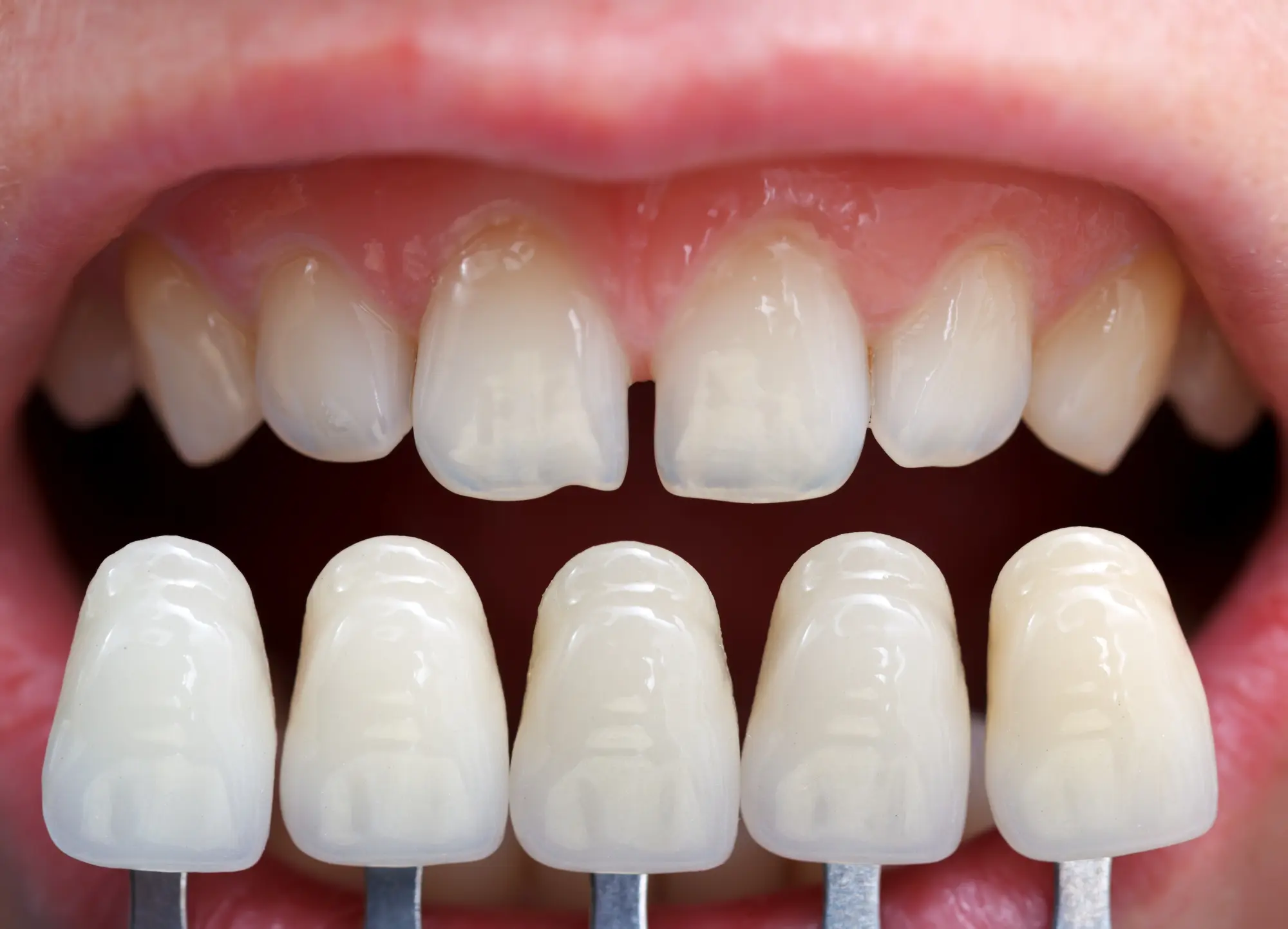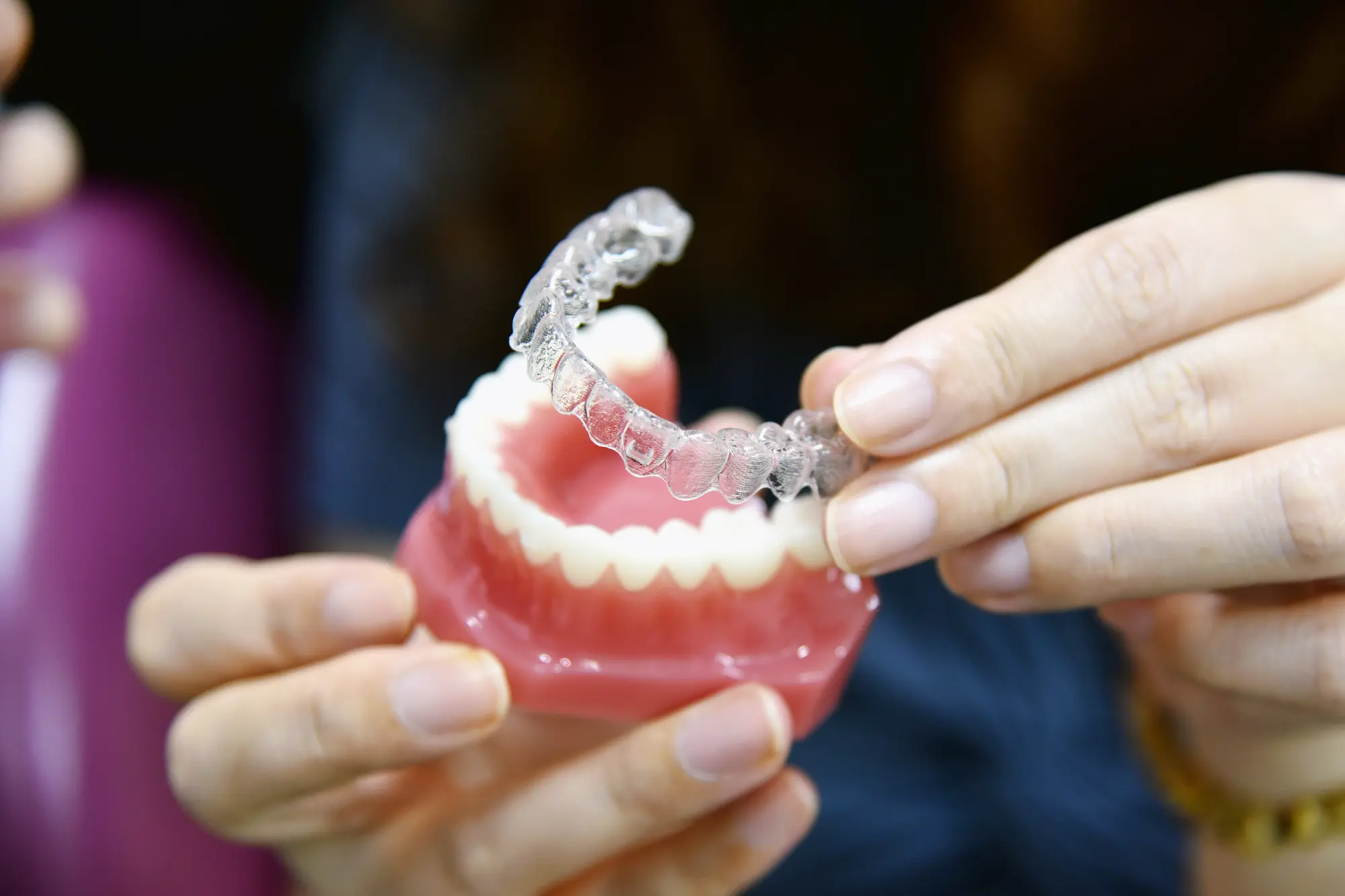
Veneers vs. Bonding: Pros, Cons, and Best Uses
When it comes to achieving the perfect smile, dental veneers and bonding are two popular cosmetic dentistry options that can transform your teeth. Both methods offer unique benefits and can address a variety of dental concerns, from discoloration to chips and gaps. However, understanding the differences between veneers and bonding, along with their respective pros and cons, is crucial in determining which option is best suited for your needs. In this blog, we will delve into the specifics of each procedure, helping you make an informed decision for a radiant smile.
What are Veneers?
Veneers are thin shells, typically made of porcelain or composite resin, that are custom-designed to cover the front surface of your teeth. They are a popular choice for individuals looking to achieve a flawless, natural-looking smile. Here are some key benefits of veneers:
- Durability: Veneers are known for their strength and can last up to 15 years with proper care.
- Stain resistance: Porcelain veneers, in particular, resist stains better than natural teeth.
- Customizable: Each veneer is tailored to match the color, shape, and size of your natural teeth.
However, it's important to note that veneers require the removal of a small amount of enamel from your teeth, making the procedure irreversible. Additionally, they tend to be more expensive than other cosmetic options like dental bonding.
Understanding Dental Bonding
Dental bonding involves the application of a tooth-colored resin to repair or enhance the appearance of a tooth. This procedure is less invasive than veneers and can be completed in a single visit. The advantages of bonding include:
- Cost-effectiveness: Bonding is generally more affordable than veneers.
- Quick procedure: The process typically takes about 30 to 60 minutes per tooth.
- Minimal enamel removal: Unlike veneers, bonding requires little to no removal of tooth enamel.
On the downside, bonding materials are not as durable or stain-resistant as veneers, potentially requiring touch-ups or replacements every 3 to 10 years.
Best Uses for Veneers and Bonding
Choosing between veneers and bonding often depends on the specific dental issues you wish to address. Veneers are ideal for:
- Severe discoloration that doesn't respond to whitening treatments.
- Significant gaps between teeth.
- Chipped or worn teeth that require a more comprehensive solution.
On the other hand, bonding is best suited for:
- Minor cosmetic adjustments, such as small chips or gaps.
- Patients seeking a budget-friendly solution.
- Individuals who prefer a less invasive procedure.
Choosing the Right Option for You
Deciding between veneers and bonding involves considering your specific dental needs, budget, and long-term goals. Consulting with an experienced dentist can provide valuable insights and recommendations tailored to your situation. At RH Dentistry, Dr. Michelle Boecker and Dr. Courtney Kleiber are dedicated to helping you achieve your ideal smile through personalized care and expertise.
Transform Your Smile with RH Dentistry in Memorial, Houston, TX
Ready to enhance your smile with veneers or bonding? The skilled team at RH Dentistry, located in Memorial, Houston, TX, is here to assist you on your journey to a confident, beautiful smile. Contact us at (281) 661-1844 to schedule a consultation and discover the best cosmetic dentistry option for your needs. Let us help you unlock the potential of your smile today!















